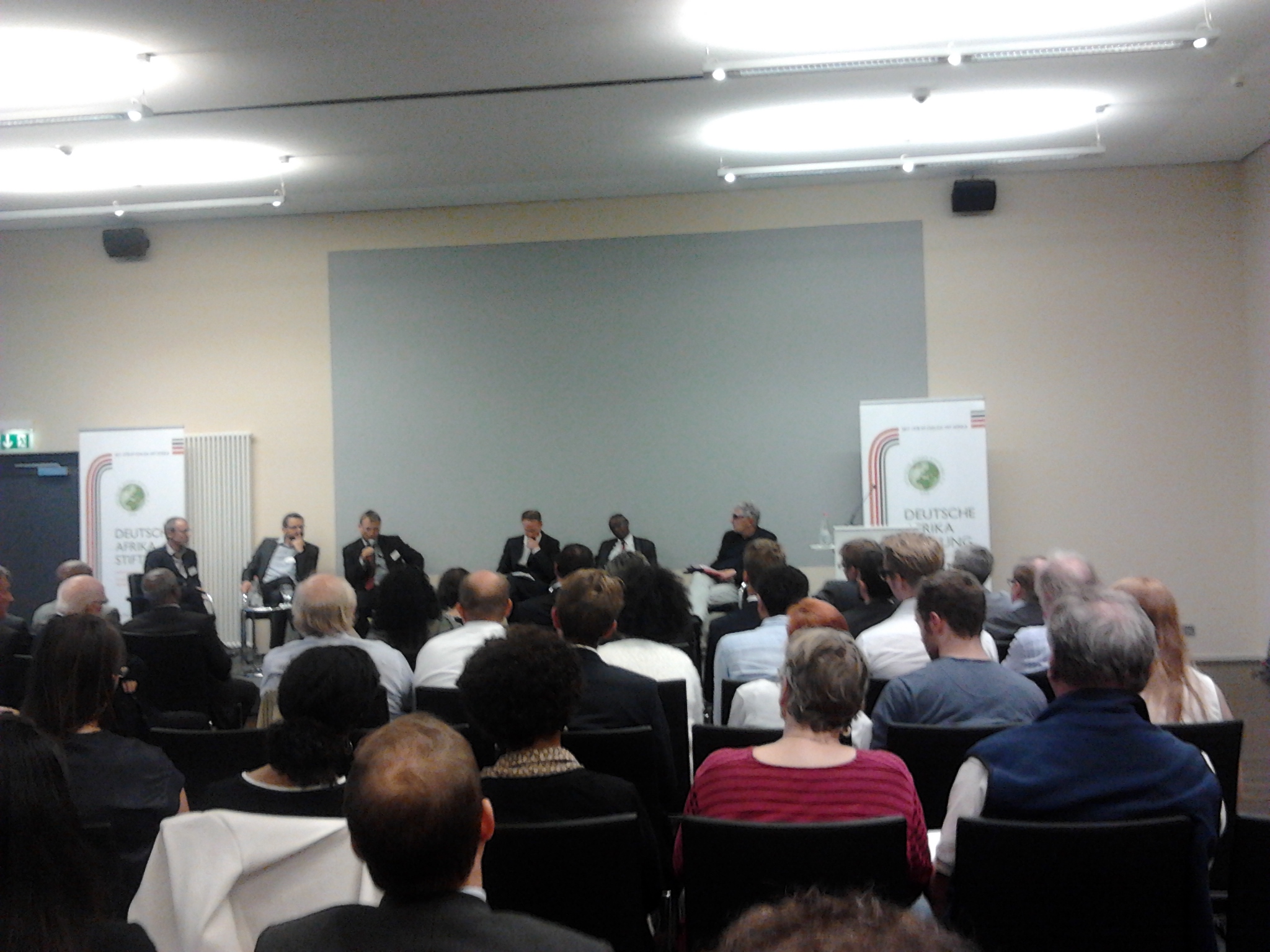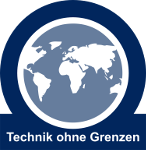
Dialogue board & business conference Eritrea in Berlin
Our meeting with Yemane Gebreab, advisor of the president of Eritrea 25 years after its declaration of independence, Eritrea is in the focus of international interest more than ever before: On the one hand, it still finds itself amidst a latent border conflict with its bigger neighbor Ethiopia and news headlines are dominated by violations of human rights and high refugee numbers. On the other hand, it gradually tries to open up to the international community, including Germany. Thus, following the most recent travels of the Minister of Development Müller and a group of German parliamentarians to Eritrea, on September 8th and 9th a delegation of the Eritrean government, including the advisor of the president, Yemane Gebreab, visited Berlin for a panel discussion and economic talks about the current situation and future of their country. Our group from Technology without Boarders e.V. Hamburg wanted to use this unique opportunity and therefore, a delegation of four decided to travel to the capital and participate as well. The panel discussion, which was organized by the German Africa Foundation, once more pointed out the ambivalent perceptions of the small country at the Horn of Africa: Mr. Gebreab portrayed his own country as a victim of the long-standing aggressions by Ethiopia, the lack of support by the international community, and the unfair portrayal by the media; Eritrean economy and society would nonetheless be on the right path to a better future. Especially some Eritrean exiles from the audience criticized this depiction and denounced the government for their treatment of opposition members and the perpetually compulsory military service. German representatives in this debate partially agreed on both views – they complimented Eritrea’s will to open up and develop co-operations with Germany but also demanded the compliance with human rights as an essential requirement. Following the panel discussion, we were able to meet Mr. Gebreab and talk to him about our project. From our point of view, the conversation went very well as he confirmed that the government sees no problem in supplying our project with cement from the Eritrean factory – which is an important statement from a high-ranking official in such a hierarchical country as Eritrea. Our project and our presence as an initiative in Berlin also seems to have left a positive impression on Mr. Gebreab: On the next day at the business conference with midsize German companies, which took place at the Africa Association, he used our project as an example to explain that Eritrea values the exchange of Know-How with Germany. Generally, his country is open to new foreign investors and especially Chinese companies are already doing business there. He furthermore explained that he was hoping for more investments and adventurousness by Germany as German products are highly appreciated due to their high quality. During the conversation, particularly agriculture, energy and production of textiles turned out to be potential economic sectors to invest in. However, the German companies still seemed very hesitant to actually kick-off projects in Eritrea in the near future. Therefore, it is even more important that we were able to draw a positive conclusion for the implementation of our project from our visit in Berlin.Text: marius.koenig
